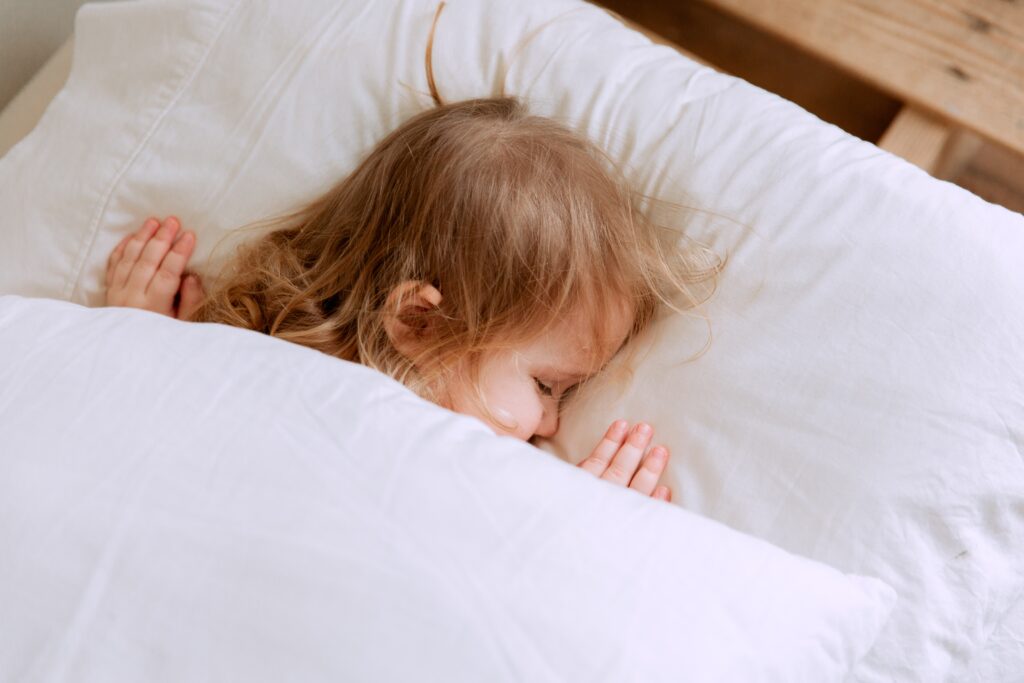Children with autism spectrum disorder (ASD) may have difficulty with sleep, both in terms of falling asleep and staying asleep so some parents consider trying melatonin.
Common sleep problems in children with ASD include difficulty falling asleep, waking up frequently during the night, difficulty staying asleep, and difficulty waking up in the morning.
What is melatonin?
Melatonin is a hormone produced by the pineal gland in the brain that helps regulate sleep-wake cycles. It is sometimes used as a supplement to help individuals with sleep disorders fall asleep.
There is some research to suggest that melatonin may be helpful for improving sleep in children with autism. In a review of studies, researchers found that melatonin may be effective in reducing the time it takes for children with autism to fall asleep and in improving sleep duration and sleep quality.
However, it is important to note that melatonin is not a one-size-fits-all solution and may not be effective for all children with autism. It is also important to speak with a healthcare provider before giving melatonin to a child with autism, as it can have side effects and may interact with other medications.

It’s also important to note that melatonin is not a substitute for good sleep hygiene and should be used in conjunction with other strategies to improve sleep, such as establishing a consistent sleep routine and creating a sleep-friendly environment. If you are considering using melatonin to help your child with autism sleep, it is important to speak with a healthcare provider or a sleep specialist for guidance and support.
They can help you determine the appropriate dosage and monitor your child’s response to the supplement.
Overall, addressing sleep problems in children with ASD may require a combination of strategies and may require the support of healthcare professionals. By working together, it is possible to improve the child’s sleep and overall quality of life.
Feel free to browse our site for other support raising your child with autism.

